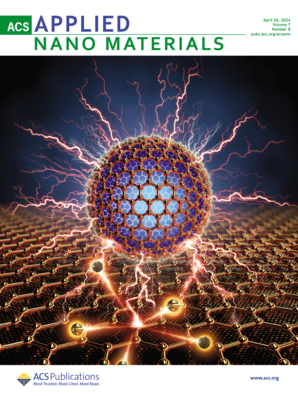快递:社区馈赠与受赠者与同行和影响者的互动:来自 Twitch 自然实验的证据
IF 5.3
2区 材料科学
Q2 MATERIALS SCIENCE, MULTIDISCIPLINARY
引用次数: 0
摘要
社区赠礼是指在不选择特定收礼人的情况下向同伴捐赠数码产品的现象,它是流媒体直播吸引网络社区参与的关键社交技术之一。在本研究中,我们利用流行直播平台 Twitch 上受赠者分配的随机性,研究了接受社区礼物与受赠者随后的社交和金钱参与行为之间的因果关系。我们发现,在社区礼物赠送活动的五分钟窗口内,相对于非受赠者,社区礼物的受赠者有 69% 的几率向同伴发送额外信息,35% 的几率向流媒体发送额外信息,5% 的几率向社区赠送增量订阅。但是,接收者并没有更有可能给信息流发送者提供小费。我们运用计算语言学方法来说明,接收者社交参与度的提高伴随着情感的提升和加入现有对话可能性的增加。最后,我们进行了一系列调节分析,发现当焦点社区赠送礼物之前有更多赠送事件时,收礼人的赠送行为就会减少,即允许收礼人隐藏。此外,当之前的聊天更频繁、更不连续时,即收礼人更容易跳入聊天时,收到社区礼物的社会参与效应更大。我们的结论是,鉴于我们的调节分析所隐含的正反馈循环,社会参与的溢出效应比经济互惠的溢出效应更重要。我们的研究结果揭示了社区馈赠如何以及何时影响受众参与。本文章由计算机程序翻译,如有差异,请以英文原文为准。
EXPRESS: Community Gifting and Recipients Engagement with Peers and Influencers: Evidence from Natural Experiments on Twitch
Community gifting, the phenomenon of donating digital goods to peers without selecting specific recipients, is one of live streaming's key social technologies for engaging online communities. In this study, we investigate the causal relationship between receiving a community gift and the recipient's subsequent social and monetary engagement behaviors by exploiting the randomization of recipient assignment on the popular live streaming platform, Twitch. We find that, relative to nonrecipients within a five-minute window of a community gifting event, community gift recipients exhibit a 69% chance of directing an additional message toward their peers, a 35% chance of directing an additional message toward the streamer and a 5% chance of gifting an incremental subscription to the community. However, recipients are no more likely to tip the streamer. We apply computational linguistics methods to illustrate that recipients' increased social engagement is accompanied by elevated sentiment and an increased likelihood of joining existing conversations. Finally, we conduct a series of moderator analyses, and find that recipients' gifting behavior is less frequent when there are more gifting events prior to the focal community gift, i.e., allowing the recipient to hide. Moreover, the social engagement effect of receiving a community gift is greater when prior chatter is more voluminous and discontinuous, i.e., when it is easier for the recipient to jump into the chat. We conclude that the spillovers to social engagement are more important than those to financial reciprocity given the positive feedback loop implied by our moderator analysis. Our results reveal how and when community gifting impacts audience engagement.
求助全文
通过发布文献求助,成功后即可免费获取论文全文。
去求助
来源期刊

ACS Applied Nano Materials
Multiple-
CiteScore
8.30
自引率
3.40%
发文量
1601
期刊介绍:
ACS Applied Nano Materials is an interdisciplinary journal publishing original research covering all aspects of engineering, chemistry, physics and biology relevant to applications of nanomaterials. The journal is devoted to reports of new and original experimental and theoretical research of an applied nature that integrate knowledge in the areas of materials, engineering, physics, bioscience, and chemistry into important applications of nanomaterials.
 求助内容:
求助内容: 应助结果提醒方式:
应助结果提醒方式:


